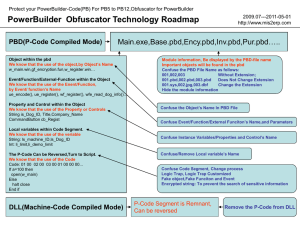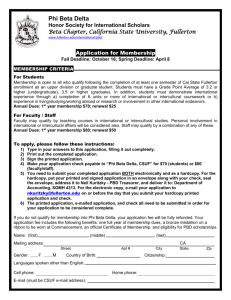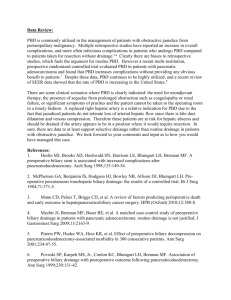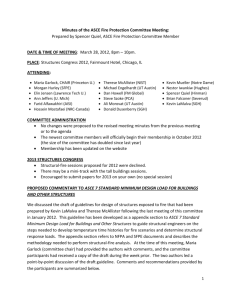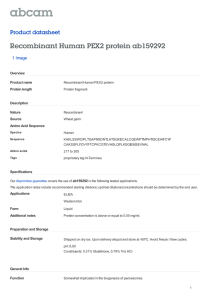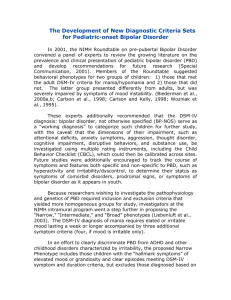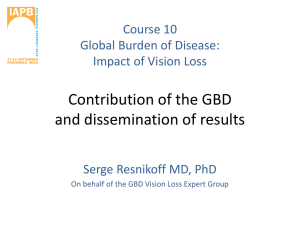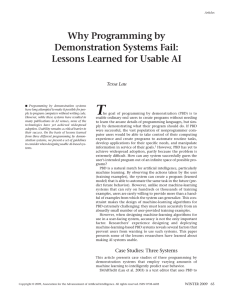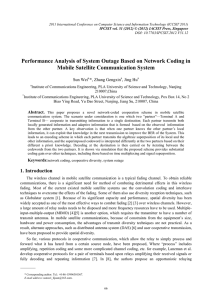Document 10982515
advertisement
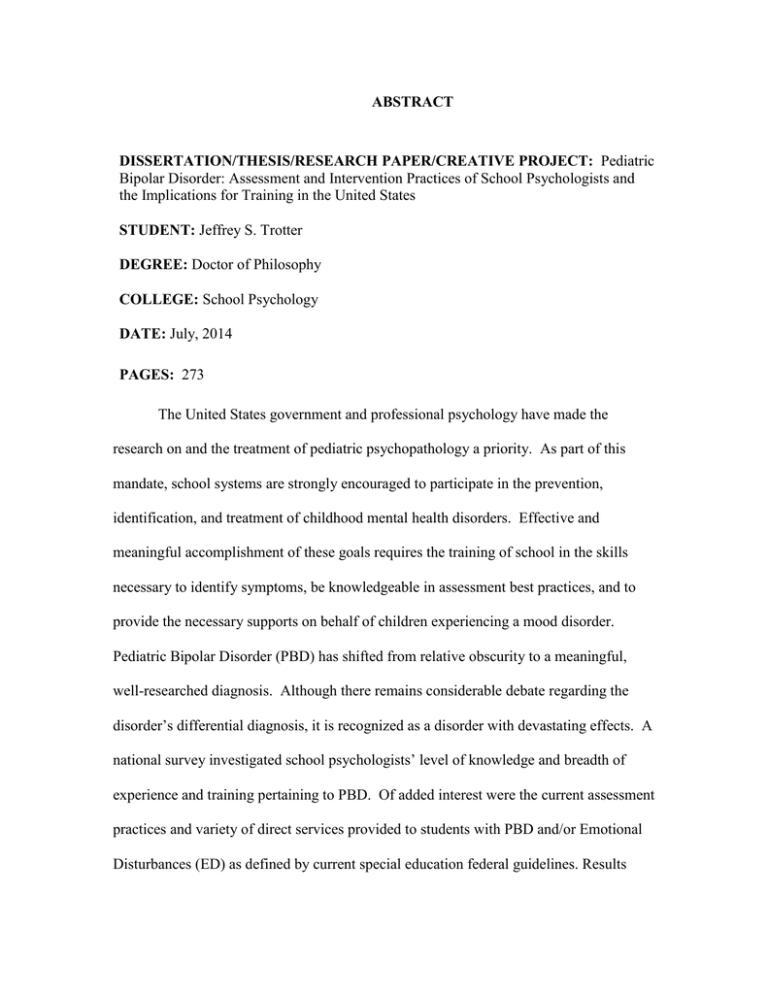
ABSTRACT DISSERTATION/THESIS/RESEARCH PAPER/CREATIVE PROJECT: Pediatric Bipolar Disorder: Assessment and Intervention Practices of School Psychologists and the Implications for Training in the United States STUDENT: Jeffrey S. Trotter DEGREE: Doctor of Philosophy COLLEGE: School Psychology DATE: July, 2014 PAGES: 273 The United States government and professional psychology have made the research on and the treatment of pediatric psychopathology a priority. As part of this mandate, school systems are strongly encouraged to participate in the prevention, identification, and treatment of childhood mental health disorders. Effective and meaningful accomplishment of these goals requires the training of school in the skills necessary to identify symptoms, be knowledgeable in assessment best practices, and to provide the necessary supports on behalf of children experiencing a mood disorder. Pediatric Bipolar Disorder (PBD) has shifted from relative obscurity to a meaningful, well-researched diagnosis. Although there remains considerable debate regarding the disorder’s differential diagnosis, it is recognized as a disorder with devastating effects. A national survey investigated school psychologists’ level of knowledge and breadth of experience and training pertaining to PBD. Of added interest were the current assessment practices and variety of direct services provided to students with PBD and/or Emotional Disturbances (ED) as defined by current special education federal guidelines. Results indicated levels of training and NCSP designation made no noticeable difference in what was known or in what was practiced by school psychologists. Of the 251 participants, the majority was unable to identify selected diagnostic features of PBD but may be able to differentiate PBD from Attention Deficit-Hyperactivity Disorder. Nearly all of the respondents regularly served as participants on the multidisciplinary teams responsible for determining special education eligibility of students with ED as well as utilized both direct and indirect assessment methods; however, not quite a third of participants reported always utilizing a Functional Behavior Assessment as a part of the assessment process. When describing the services provided to students with ED or PBD, most respondents indicated that monitoring the effects of prescribed medications, providing individual and/or group counseling, and consulting with the student’s doctor occurred inconsistently if at all. Concerning their training, most school psychologists reported having received either formal or informal training addressing ED while almost half of respondents had no training at all concerning PBD. This lack of training in the area of PBD may be a reason why most participants reported an overall lack of confidence in identifying or differentiating PBD. These data and previous research suggest school psychologists need more
